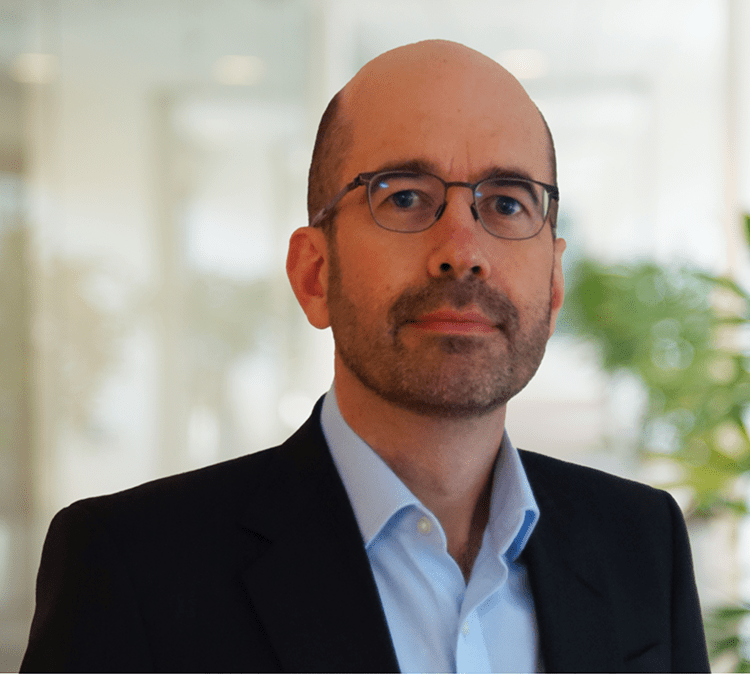News
Steer is delighted to announce the appointment of Andrew McClune as an Associate Director in our London office.


Yes, you are in the right place. After 40 years, we have changed our name from Steer Davies Gleave to mark our growing international footprint and our expanding portfolio into sectors beyond transport.
Explore our new website to learn more about Steer: who we are, how we work and what our future holds.